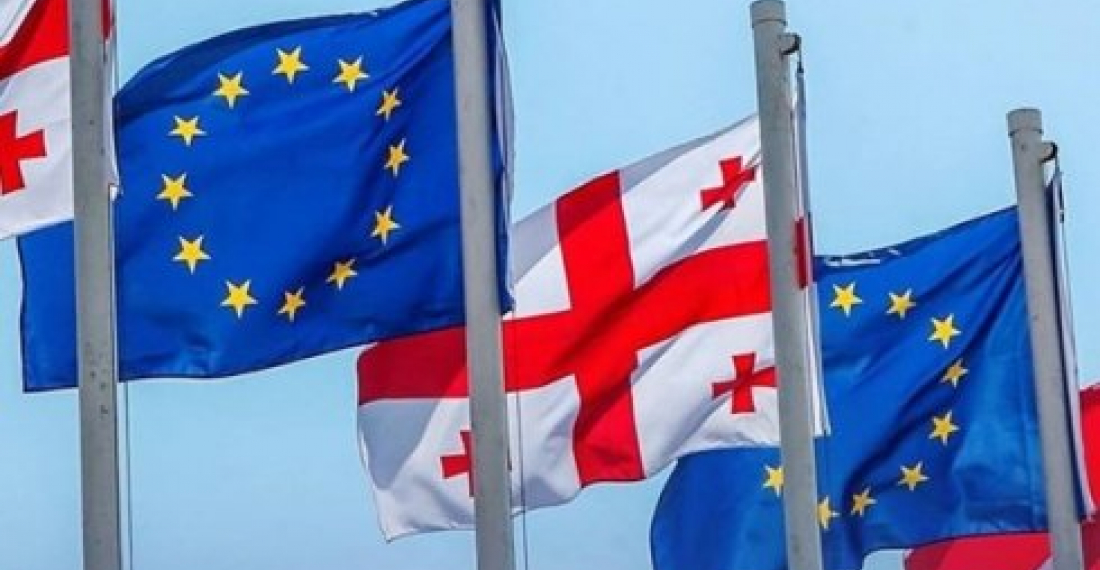Georgian Prime Minister, Giorgi Gakharia, met EU High Representative for Foreign Affairs and Security Policy Josep Borrell, on Tuesday (29 September) to discuss the Eastern Partnership and looked forward to continuing this collaboration in the period ahead, which includes the March 2021 Summit.
A statement, issued on Wednesday morning (30 September) and posted on the website of the European External Action Service said:
''On 29 September, the EU High Representative for Foreign Affairs and Security Policy/Vice-President of the European Commission (HR/VP), Josep Borrell, met in Brussels with the Prime Minister of Georgia, Giorgi Gakharia, who was accompanied by Foreign Minister David Zalkaliani.
During their meeting, the HR/VP welcomed the considerable progress made by Georgia in implementing its commitments made under the EU Georgia Association Agreement, with its deep and comprehensive free trade area, which came into force in 2016. The High Representative called on Georgia to continue the reform momentum in the period ahead, particularly in the justice sector, where in the short term the recommendations of the Venice Commission should be taken on board as regards the selection process of Supreme Court judges. Reforms across all sectors have delivered and - with further implementation - will continue to deliver great dividends to the lives and livelihoods of the Georgian people.
The High Representative/Vice-President stressed the EU's continued solidarity with Georgia in its response to the coronavirus pandemic. In addition to the €183 million of funds allocated to Georgia's coronavirus response, Georgia is also benefitting from €150 million of emergency Macro-Financial Assistance from the EU.
The High Representative and the Prime Minister addressed the deterioration of the security and human rights situations along the Administrative Boundary line of South Ossetia, exacerbated by unacceptable 'borderisation' activities. The HR/VP recalled the EU's full commitment to peaceful conflict resolution in Georgia and reiterated its firm support to the sovereignty and territorial integrity of Georgia within its internationally recognised borders.
They also discussed the worrying situation as regards Nagorno Karabakh.
Looking ahead to the upcoming legislative elections in Georgia, High Representative/Vice-President Borrell underlined the importance of the entire electoral process taking place in line with international standards and being transparent, inclusive and credible. He stressed that these elections offer an opportunity to demonstrate Georgia's attachment to delivering on its commitments and its democratic credentials.
The High Representative welcomed Georgia's continued active participation in and contribution to the Eastern Partnership and looked forward to continuing this collaboration in the period ahead, which includes the March 2021 Summit.''
Source: commonspace.eu with the European External Action Service press service







